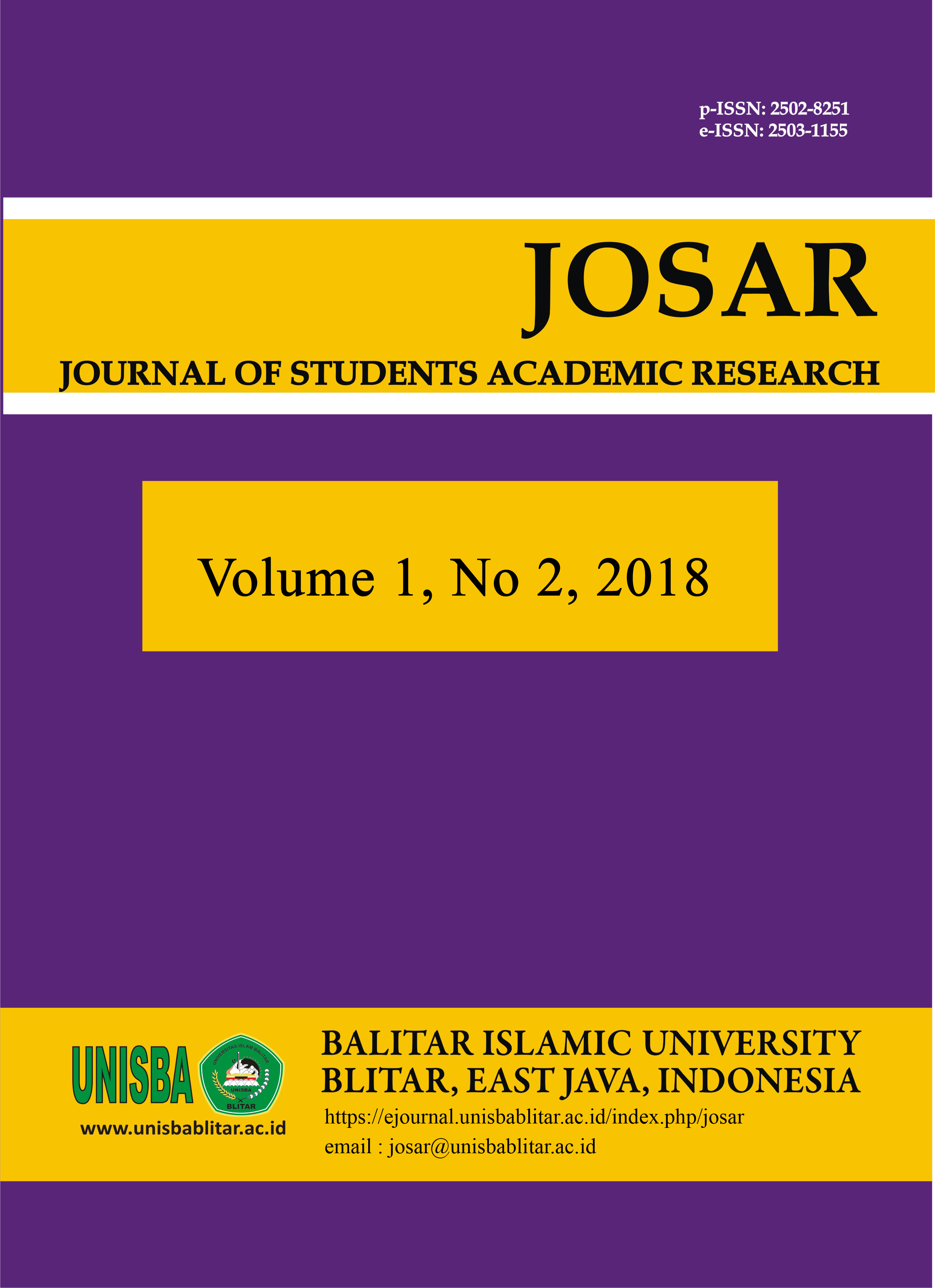APPLICATION OF THE PERMENDAGRI NO. 64 2013 ON LISTING OF TAX ACCOUNTING HOTELS
(Study on Regional Revenue Board of Blitar Regency)
DOI:
https://doi.org/10.35457/josar.v1i02.609Keywords:
Accrual Basis, Hotel Tax, Accounting RecordsAbstract
Since the enactment of Law No.22 of 1999 concerning Regional Government, the regional government has been given the right, authority and obligation to regulate and manage regional government affairs. The Regional Revenue Agency (BAPENDA) of Blitar Regency is one of the regional government agencies that has the responsibility to record revenues from the local tax sector and report it to the public as a form of transparency. Hotel tax is one type of local tax collected by the local government of Blitar Regency, this is in accordance with PERDA No.2 Year 2017. The purpose of this study is to find out the implementation of the Minister of Home Affairs No.64 of 2013 on hotel tax accounting records in BAPENDA Blitar Regency. The type of research used in the study is a qualitative method with data analysis techniques in the form of qualitative descriptive analysis and data triangulation. The results of the study show that BAPENDA in recording has used the accrual basis effectively at the beginning of 2017. However, in the recording of hotel tax receipts there are still records of accounting journals that have not been carried out by the treasurer of BAPENDA Blitar Regency

Downloads
Published
Issue
Section
License
Authors who publish in this journal agree to the following terms:
- Authors retain copyright and grant the journal right of first publication with the work simultaneously licensed under a Creative Commons Attribution License that allows others to share the work with an acknowledgment of the work's authorship and initial publication in this journal.
- Authors are able to enter into separate, additional contractual arrangements for the non-exclusive distribution of the journal's published version of the work (e.g., post it to an institutional repository or publish it in a book), with an acknowledgment of its initial publication in this journal.
- Authors are permitted and encouraged to post their work online (e.g., in institutional repositories or on their website) prior to and during the submission process, as it can lead to productive exchanges, as well as earlier and greater citation of published work (See The Effect of Open Access).
Deprecated: json_decode(): Passing null to parameter #1 ($json) of type string is deprecated in /home/ejournal.unisbablitar.ac.id/public_html/plugins/generic/citations/CitationsPlugin.php on line 68









